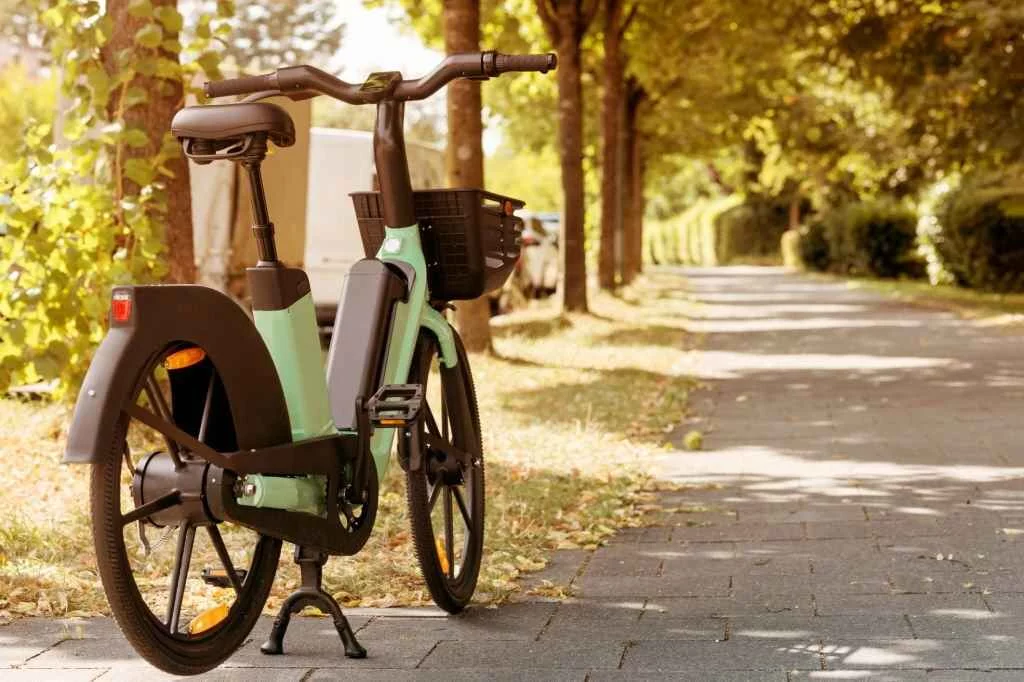In today’s world, where concerns about environmental sustainability and personal well-being are at the forefront, the way we commute plays a pivotal role.
Traditional modes of transportation often contribute to pollution and traffic congestion, leading to a pressing need for alternative, eco-friendly solutions.
One such solution that has been gaining traction is electric bike commuting. In this article, we’ll explore the growing popularity of electric bikes as a sustainable and efficient means of commuting.
The Rise of Electric Bike Commuting
Electric bikes, or e-bikes, have emerged as a game-changer in the world of commuting.
Combining the simplicity of a bicycle with the convenience of electric assistance, these vehicles offer a unique and compelling option for daily travel. Here’s why electric bike commuting is on the rise:
- Eco-Friendly: Electric bikes produce zero emissions, making them an environmentally responsible choice. They contribute to reducing air pollution and greenhouse gas emissions, helping combat climate change.
- Cost-Efficient: Commuting by car or public transport can be expensive, with costs for fuel, maintenance, and tickets adding up. Electric bike commuting significantly reduces these expenses, requiring only a fraction of the cost for electricity to charge the battery.
- Health Benefits: Riding an electric bike provides an excellent form of exercise. Commuters get fresh air and physical activity, which can improve cardiovascular health, boost mood, and reduce stress.
- Time-Saving: E-bikes can be faster than traditional bicycles and sometimes even quicker than cars in congested urban areas. They allow riders to navigate through traffic more efficiently, reducing travel time.
- Versatility: Electric bikes are suitable for a wide range of riders, regardless of fitness levels or age. They provide pedal-assist, allowing users to adjust the level of assistance to their preferences and needs.
- Reduced Parking Hassles: Finding parking spaces in crowded cities can be a nightmare. With e-bikes, you can forget about parking woes. Simply lock up your bike at a convenient location.
Challenges and Considerations
While electric bike commuting offers numerous benefits, it’s essential to consider some challenges and factors:
- Initial Cost: Electric bikes can be more expensive upfront than traditional bicycles. However, the long-term savings often outweigh this initial investment.
- Charging Infrastructure: Access to charging stations may be limited in some areas, so planning your route is crucial to ensure you can charge your e-bike as needed.
- Regulations: Laws and regulations governing e-bikes vary by region. Familiarize yourself with local laws to ensure you’re riding legally and safely.
Conclusion
Electric bike commuting represents a positive shift towards sustainable and efficient transportation.
As cities become more congested and environmental concerns intensify, e-bikes offer a practical and eco-friendly solution for daily travel.
By adopting electric bike commuting, individuals can reduce their carbon footprint, save money, improve their health, and contribute to a cleaner, more sustainable future. It’s time to consider the electric bike as your new companion on the road to a greener and healthier commute.

